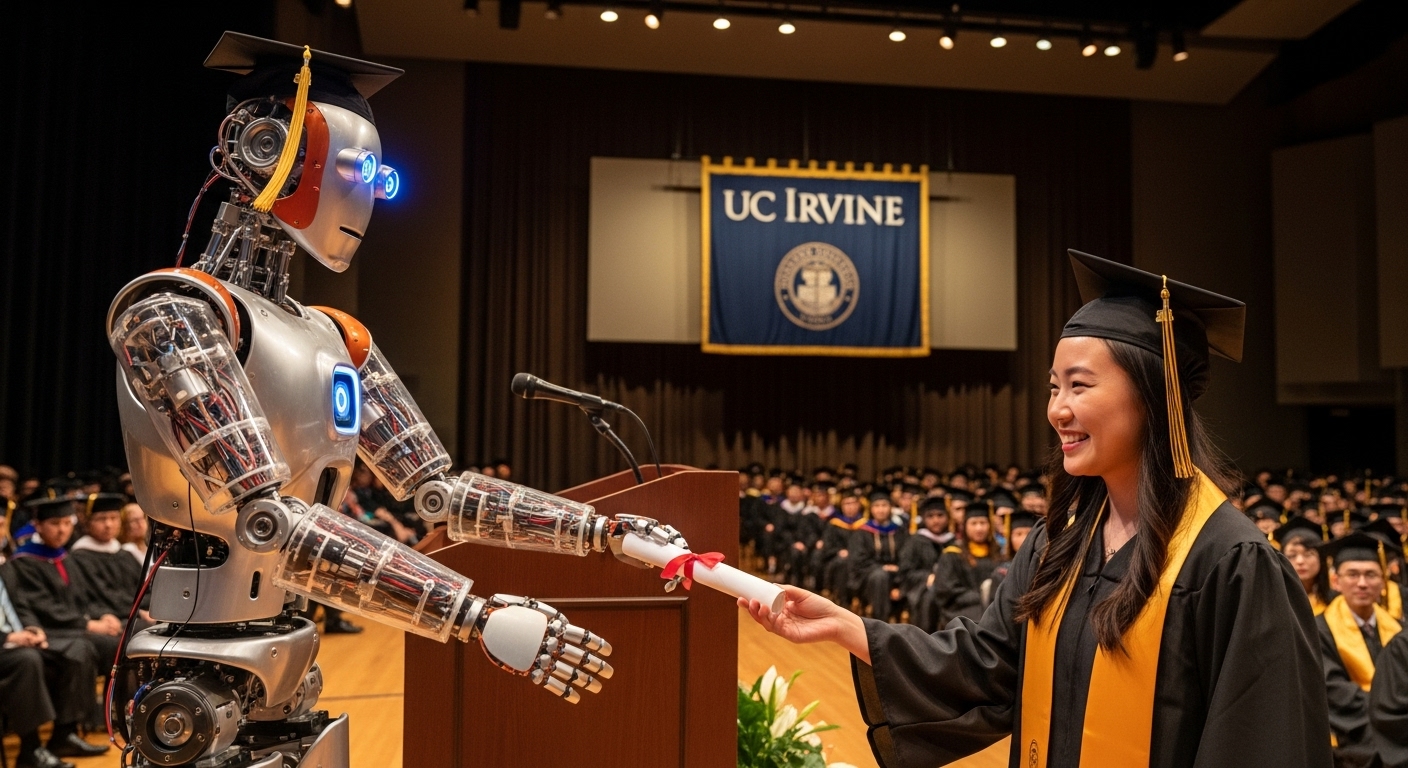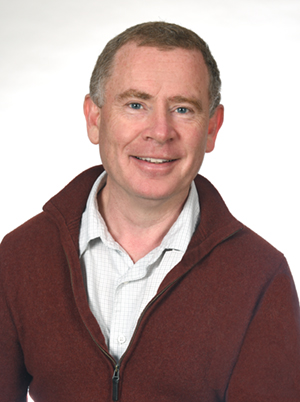UCI Launches AI Master’s Degree Program Targeting Scientists

UCI Launches AI Master’s Degree Program Targeting Scientists
The University of California Irvine (UCI) has undertaken a new professional degree program aimed at closing critical skills deficiencies in the rapidly evolving artificial intelligence (AI) landscape.
Under the Master of Applied Artificial Intelligence for Science curriculum, students will progress from Python programming and data handling to advanced AI methods such as deep neural networks, large language models (LLM) and generative AI.

UCI School of Physical Sciences interim Dean and Professor Kieron Burke
“It’s a rigorous, focused degree that will prepare graduates for high-impact careers across industries where AI is rapidly transforming how science is done,” said UCI School of Physical Sciences interim dean and professor Kieron Burke.
The master’s degree program is designed to equip graduates for high-impact careers in any industry that employs scientists because they will understand and be prepared to apply modern AI tools, according to UCI faculty program director and professor David Kirkby.
The potential for the degree program to be a future growth area is what Kirkby is excited about.
“There are very few programs like this aimed at students with a science background,” Kirkby said. “Students will learn how to identify the most promising industry-standard AI tools for a task and then fine-tune them for the best performance.”
There are more than 50 master’s degree programs in AI and related fields, according to Bestcolleges.com but only four others in California. They include Stanford, University of California Santa Cruz, the University of Southern California and the University of San Diego.
“Specifically, there are many programs that teach data science and AI skills to students with computer science or engineering backgrounds, but very few designed for students with a background in the sciences like physics, chemistry, and math,” Kirkby told OrangeCountyLawyers.com.
The AI master’s degree program at UCI is uniquely designed not for traditional computer science students, but for those with a strong foundation in core sciences, such as physics, chemistry, and math.
“Scientists have a different academic preparation and play different roles in industry where AI has significant potential, so a program tailored to scientists serves them best,” Kirkby said.
The program is open to domestic and international students with a bachelor’s degree in physical or biological sciences or the equivalent. Applicants do not need a background in programming or prior work experience.
Although there is never a perfect time to launch a degree program like this one, Kirkby argues that now is as good as time as any to formalize education and career development at the critical nexus between AI and the physical sciences.
“A successful program needs to be continuously updated to stay relevant,” he said.
The initial class of students is slated to begin the nine-month, in-person program next year in September 2026 and the department hopes to attract scientists who want to lead AI adoption in research and industry.
The program is expected to fill gaps in traditional data science programs, which primarily serve computer science and engineering students aiming for tech careers.
“The first is a gap between the typical undergraduate science degree curriculum and the growing importance of LLMs to the applications of science in industry,” Kirkby said. “Specifically, science undergraduates are not being taught how to effectively and responsibly incorporate LLMs into scientific problem solving.”
Nature.com defines LLMs as computational AI models that are programmed to understand and generate human-like text while also excelling in identifying complicated language patterns.
The second gap is in post-graduate training opportunities for students with a science background. “This program builds on UC Irvine’s global reputation for innovation by offering scientists, not programmers, a direct path into the world of applied artificial intelligence,” Burke added.
Photo Credit:
Kieron Burke courtesy of UCI
Header image created by Google ImageFX

Juliette Fairley
Juliette Fairley covers legal topics for various publications including the Southern California Record, the Epoch Times and Pacer Monitor-News. Prior to discovering she had an ease and facility for law, Juliette lived in Orange County and Los Angeles where she pursued acting in television and film.





